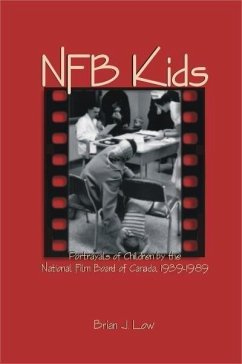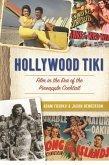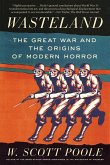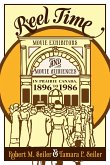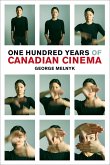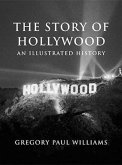Imagine a society that exists solely in cinema - this book explores exactly that. Using a half-century of films from the archival collection of the National Film Board, NFB Kids: Portrayals of Children by the National Film Board of Canada, 1939-1989 overcomes a long-standing impasse about what films may be credibly said to document. Here they document not "reality," but social images preserved over time - the "NFB Society" - an evolving, cinematic representation of Canadian families, schools and communities. During the postwar era, this society-in-cinema underwent a profound change in its child rearing and schooling philosophies, embracing "modern" notions based upon principles espoused by the American mental hygiene movement. Soon after the introduction of these psychological principles into NFB homes in 1946 and schools in 1956, there was a subtle transformation in adult-child relations, which progressively, over time, narrowed the gulf of power between generations and diminished the socializing roles of the NFB parents and teachers. NFB Kids is a pioneering study within a new field of academic research - "cinema ethnography." It adds to the growing body of knowledge about the function, and the considerable impact of, psychiatry and psychology in the post-war social reconstruction of Canadian society and social history. It will be of interest to academics over a broad spectrum of disciplines and to anyone thinking about the advancing arbitrary power of the cinematic state.

